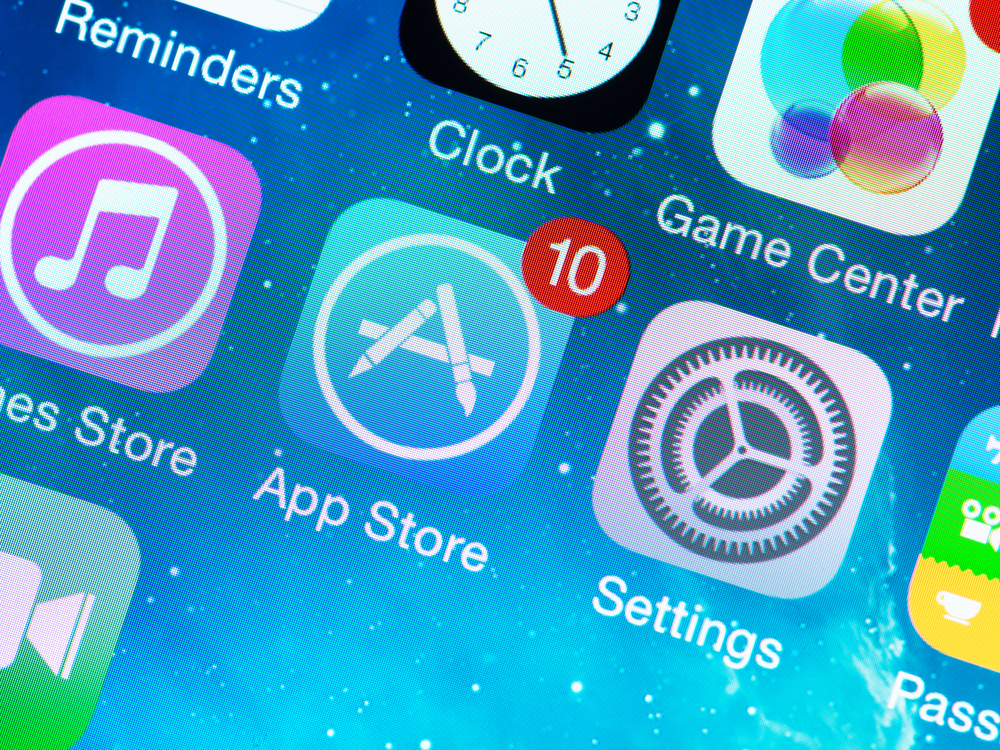

Apple is to temporarily drop its controversial App Store fees for organisations forced by the pandemic to hold online-only events.
The move follows increasingly vocal complaints about the 30 percent cut that Apple takes of payments for digital goods made through iPhone or iPad apps, which has recently come to include a lawsuit by Fortnite maker Epic Games.
The exemption, which lasts until the end of December, includes Facebook, Airbnb and the class-booking app ClassPass.
The fee exemption doesn’t apply to game makers, since they have not been affected by the pandemic.
Apple’s fees typically do not apply to real-world services, such as Airbnb property rentals or ClassPass gym class bookings.
But companies such as ClassPass have begun selling tickets to online classes through their mobile apps due to Covid-19, and those sales were subject to Apple’s fees.
Facebook last month accused Apple of placing a huge financial burden on companies trying to sell digital services to compensate for income lost to pandemic-related restrictions.
Facebook itself has launched a new feature to allow businesses to host paid events via its platform, but pointed out that Apple would take a 30 percent cut of ticket sales to such events via Facebook’s iPhone or iPad apps.
Facebook said Apple will now allow Facebook to use its own payment processing system, Facebook Pay, to process payments for such events until the end of the year, except in the case of games companies.
Apple confirmed that Airbnb and ClassPass are also covered by the exemption.
“Apple has agreed to provide a brief, three-month respite after which struggling businesses will have to, yet again, pay Apple the full 30 percent App Store tax,” Facebook said in a statement.
Facebook itself has said it will not collect fees on the event payments for the next year. Facebook Gaming vice president Vivek Sharma said the exception for gaming companies to Apple’s waiver was a “concession to get the temporary reprieve for other businesses”.
Commenting on the temporary fee exemption, Apple said: “To ensure every developer can create and grow a successful business, Apple maintains a clear, consistent set of guidelines that apply equally to everyone.”
Apple had earlier granted some exceptions to its fee system, saying the 30 percent cut would not apply to one-on-one classes offered via App Store apps, although classes attended by multiple persons would still be obliged to pay.
Last week Epic Games, along with 12 other companies including Spotify and Tinder parent Match Group, launched an advocacy group called the Coalition for App Fairness to call for reforms to Apple’s App Store policies.
Microsoft closes down IoT and AI lab it operated in Shanghai tech district in latest…
Elon Musk sells social media platform X to his AI start-up xAI in a move…
TikTok opens e-commerce shopping in Germany, France, Italy as US future remains uncertain over divest-or-ban…
Discover expert insights on overcoming digital transformation challenges. Learn how to manage change, balance innovation,…
Microsoft drops data centre projects amounting to 2 gigawatts of power consumption as investors question…
SMIC sees revenues rise 27 percent for 2024, but profits fall nearly 50 percent amidst…
View Comments
Still amazes me that such a clear and restrictive monopoly has been allowed to continue for so long. In any non online 'near' monopoly business this would have been found to be illegal and fines imposed.